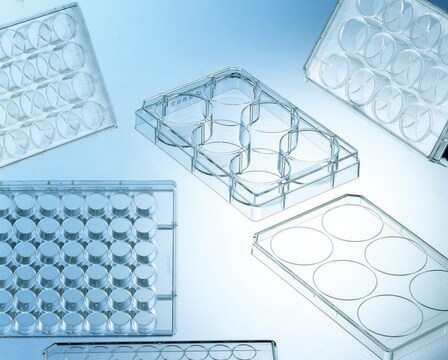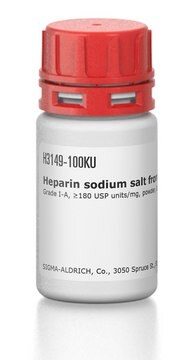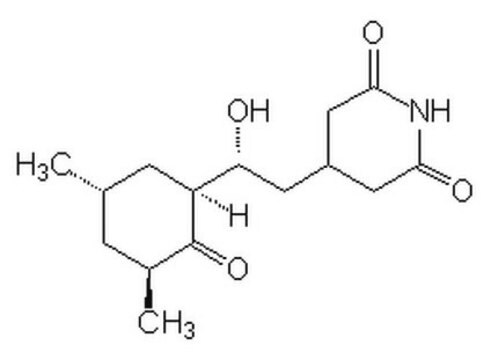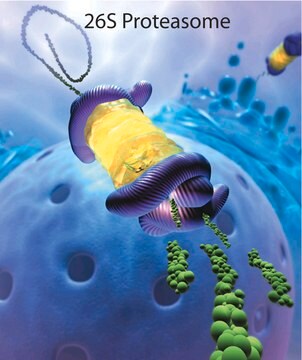F4051
Proteasome Fraction II from rabbit
5 mg/mL, Reticulocyte cell extract, solution
Sign Into View Organizational & Contract Pricing
All Photos(1)
About This Item
Recommended Products
General description
Manufactured for Sigma by Boston Biochem., Inc.
Application
Proteasome Fraction II is ideal for demonstrating ubiquitin- and ATP-dependent degradation/conjugation of radiolabeled or immunodetectable substrates. Isopeptidase inhibitor and a proteasome inhibitor are highly recommended for the accumulation of ubiquitin protein conjugates. Typical assay concentration for FII is 0.5 - 4 mg/ml.
Biochem/physiol Actions
Essentially ubiquitin and ATP free. Contains E1, most E2s, UCHs, and the proteasome 20S and 26S isoforms.
Protein fraction of a cell extract that binds to anion-exchange resin.
Physical form
Solution in 25 mM HEPES, pH 7.6.
Storage Class Code
10 - Combustible liquids
WGK
WGK 2
Flash Point(F)
Not applicable
Flash Point(C)
Not applicable
Choose from one of the most recent versions:
Already Own This Product?
Find documentation for the products that you have recently purchased in the Document Library.
A Hershko et al.
The Journal of biological chemistry, 261(26), 11992-11999 (1986-09-15)
In order to gain insight into the mechanisms that determine the selectivity of the ubiquitin proteolytic pathway, the protein substrate binding site of the ubiquitin-protein ligase system was identified and examined. Previous studies had shown that the ligase system consists
A Hershko et al.
The Journal of biological chemistry, 258(13), 8206-8214 (1983-07-10)
By affinity chromatography of a crude reticulocyte extract on ubiquitin-Sepharose, three enzymes required for the conjugation of ubiquitin with proteins have been isolated. One is the ubiquitin-activating enzyme (E1), which is covalently linked to the affinity column in the presence
Our team of scientists has experience in all areas of research including Life Science, Material Science, Chemical Synthesis, Chromatography, Analytical and many others.
Contact Technical Service








